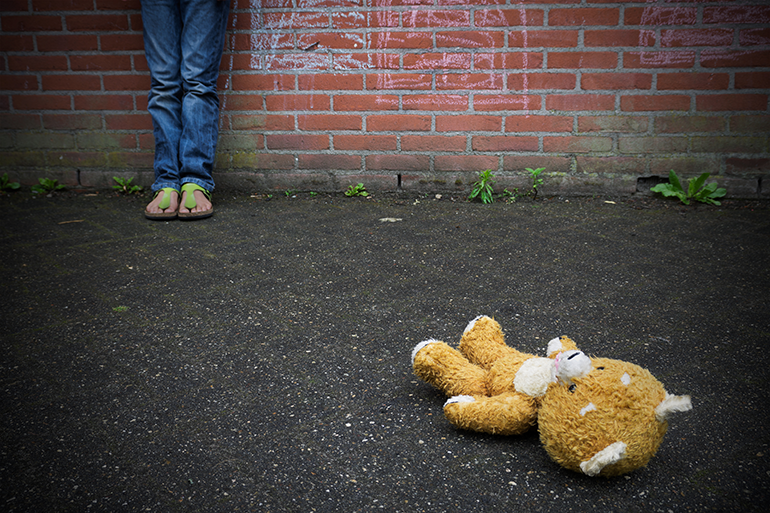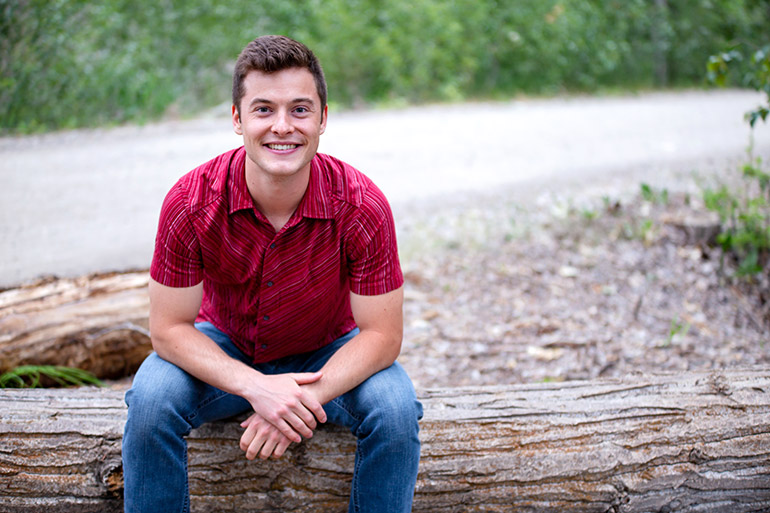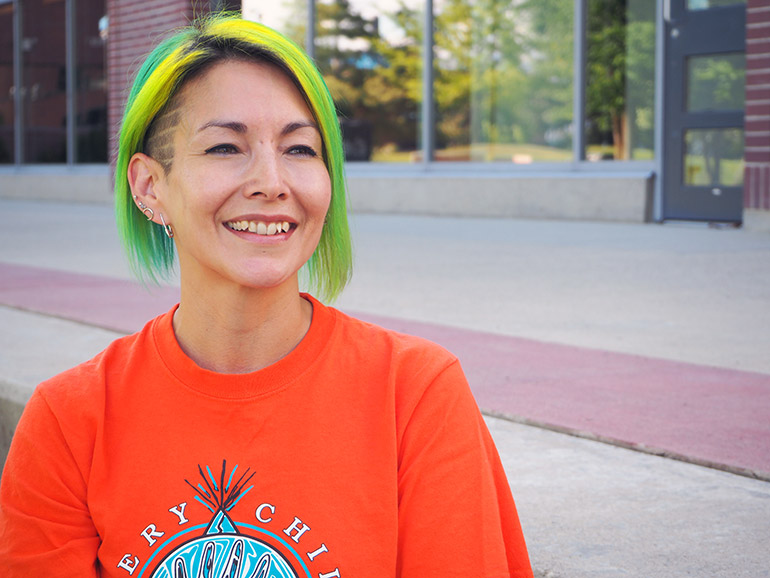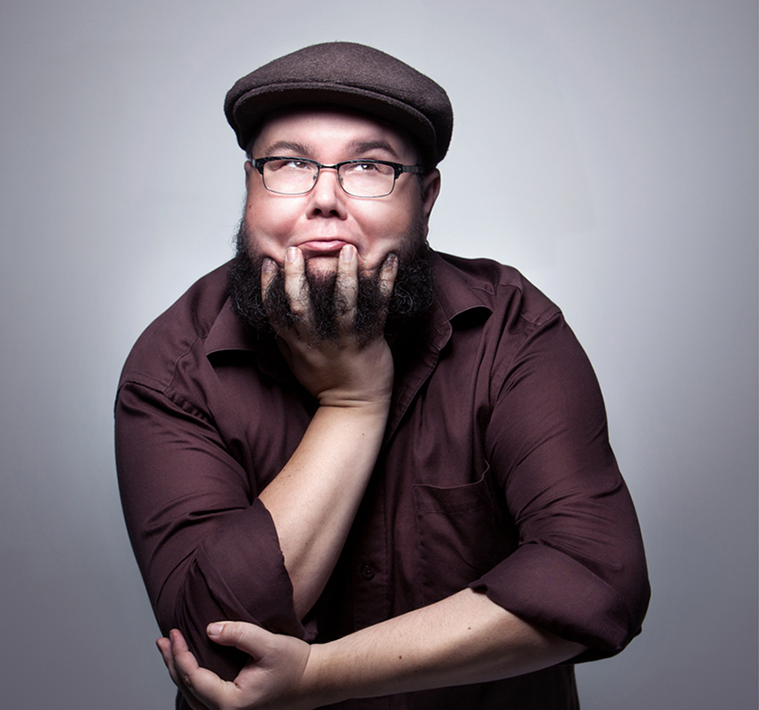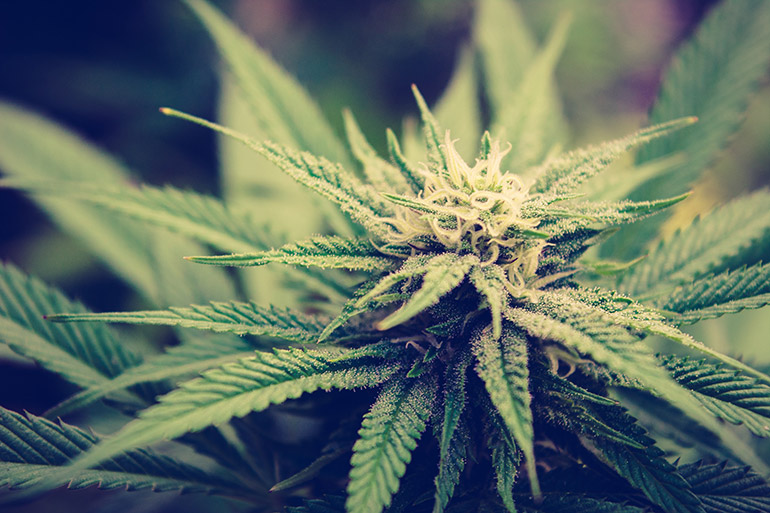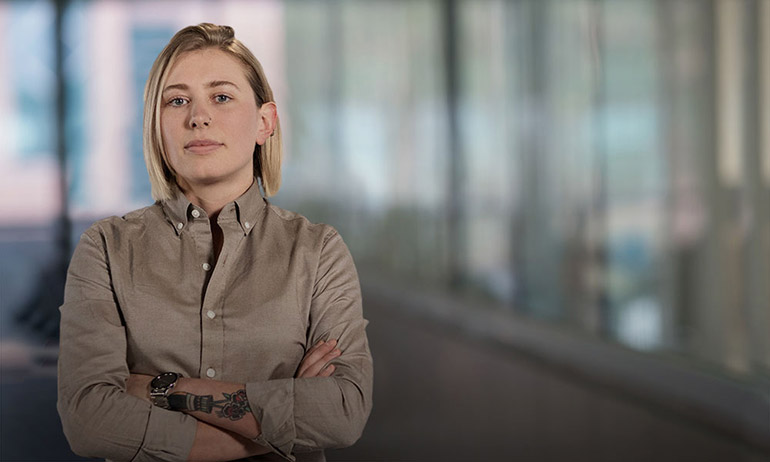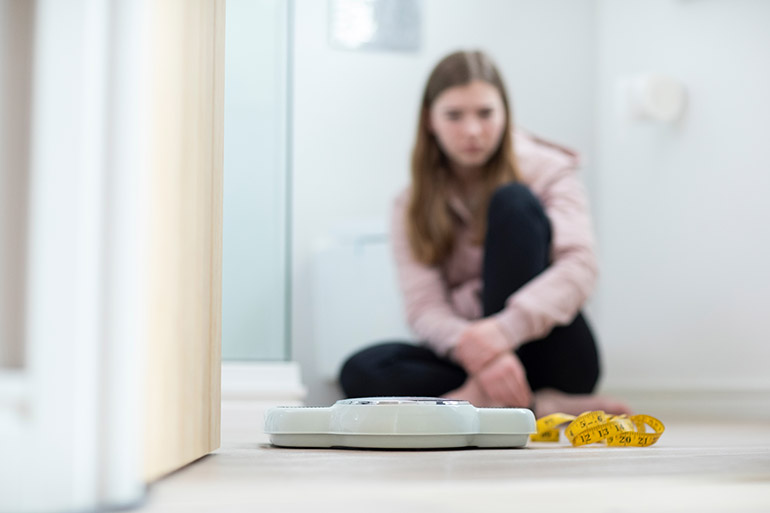
UBCO researchers study the relationship between perfectionism and eating disorders in young women.
UBCO researchers look at predictors of body dissatisfaction
New research from UBC Okanagan finds young women who are perfectionistic are more likely to experience body dissatisfaction — a general unhappiness with, and negative attitude towards, their bodies.
In a recent study published in Current Psychology, the research team led by Dr. Maya Libben, associate professor of psychology, explored the complex relationship between perfectionism, body dissatisfaction and self-efficacy — the belief that one can accomplish what they put their mind to.
“As a part-time clinician with a private practice in the community, I’ve noticed an increase in the prevalence of eating disorders,” says Dr. Libben, who teaches in the Irving K. Barber Faculty of Arts and Social Sciences. “I’ve also seen an increase in clients who may not have eating disorders, but present with high levels of body dissatisfaction. One thing I’ve noticed about both of these groups is that many have strong perfectionistic tendencies.”
Dr. Libben and her team of student researchers looked at two types of perfectionism. Self-oriented — where one sets high standards for themselves — and socially prescribed — where a person feels others are setting unrealistic expectations for them.
Using a sample of 170 female undergraduate students at UBC Okanagan as study participants, the team examined how perfectionistic beliefs worked alongside self-efficacy and body dissatisfaction.
“Recent research shows the percentage of undergraduate females who express body dissatisfaction is hovering around 50 per cent. Furthermore, it’s a risk factor for developing an eating disorder, so understanding the relationships between these factors is incredibly important,” she says.
The study participants were asked to complete a set of self-report surveys to evaluate their levels of self-oriented perfectionism, socially prescribed perfectionism, body dissatisfaction and self-efficacy.
There were three major findings.
First, they found females experiencing socially prescribed perfectionism had higher body dissatisfaction, which also caused lower self-efficacy.
“This represents the group who may not be doing well psychologically because they feel that others, be it parents, professors or their peers, are setting unrealistic expectations for them. This may negatively impact body image and self-efficacy because they feel like they can’t get things done to the standard set by others and might feel judged. This group may be at higher risk for developing an eating disorder,” explains Dr. Libben.
Second, individuals with high body dissatisfaction had greater self-oriented perfectionism and greater self-efficacy.
“Our thoughts here are that people who set high expectations for themselves and believe they can get things done are more likely to think they’re able to maintain the idealized body type and may engage in unhealthy weight control strategies to do so. The unfortunate thing is that these beliefs and behaviours can actually leave you feeling more dissatisfied with your body.”
Finally, they found females who were low in self-oriented perfectionism had lower body dissatisfaction and higher self-efficacy.
“This may be the group that is feeling the best about themselves, they’re not too perfectionistic about their accomplishments,” she says. “They’re generally okay with their body shape and have maintained a pretty good ability to get things done and do so in a healthy manner.”
Dr. Libben says these findings give insight into an underexplored area of inquiry and stresses the need for more research as body dissatisfaction continues to increase in younger populations.
“We know quite a bit about the relationship between perfectionism and eating disorders. But body dissatisfaction is a newer interest area and these results advance our understanding of the complex interactions,” she says.
Dr. Libben says the prevalence of body dissatisfaction is alarming and notes her lab is working to provide interventions in schools for girls as young as 10 years old.
“For teachers and parents, perfectionism is a good thing to look out for. We do tend to praise perfectionistic traits since they are associated with high achievement and good grades. That’s fantastic, and of course not everyone who has perfectionistic tendencies will be dissatisfied with their body. However, being aware that there can be a relationship between perfectionism and body dissatisfaction can help catch any red flags or even just start conversations.”
About UBC's Okanagan campus
UBC’s Okanagan campus is an innovative hub for research and learning founded in 2005 in partnership with local Indigenous peoples, the Syilx Okanagan Nation, in whose territory the campus resides. As part of UBC—ranked among the world’s top 20 public universities—the Okanagan campus combines a globally recognized UBC education with a tight-knit and entrepreneurial community that welcomes students and faculty from around the world in British Columbia’s stunning Okanagan Valley.
To find out more, visit: ok.ubc.ca

